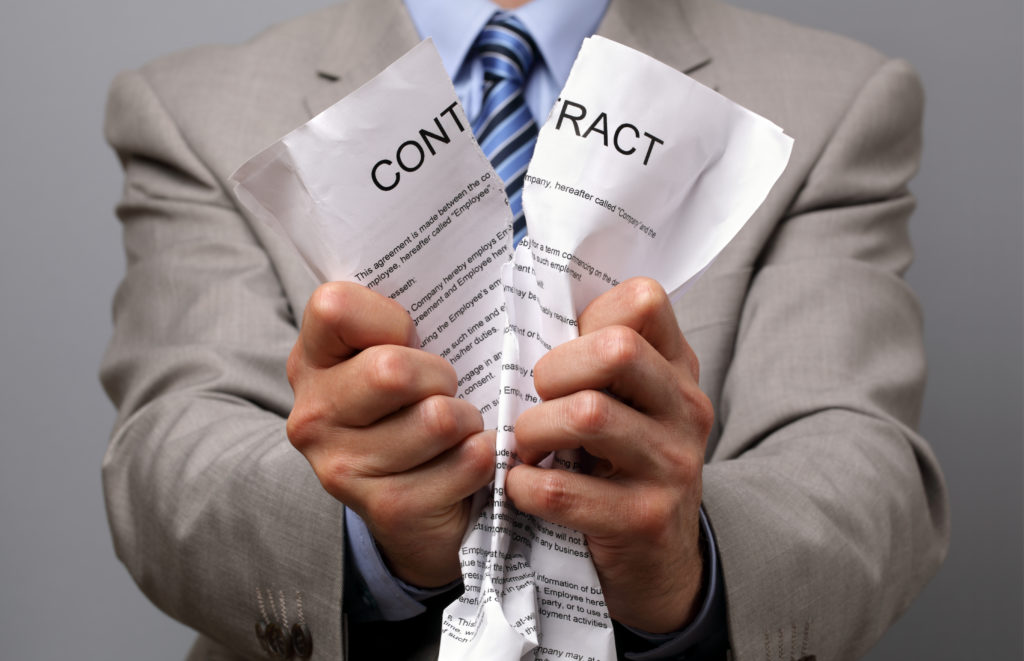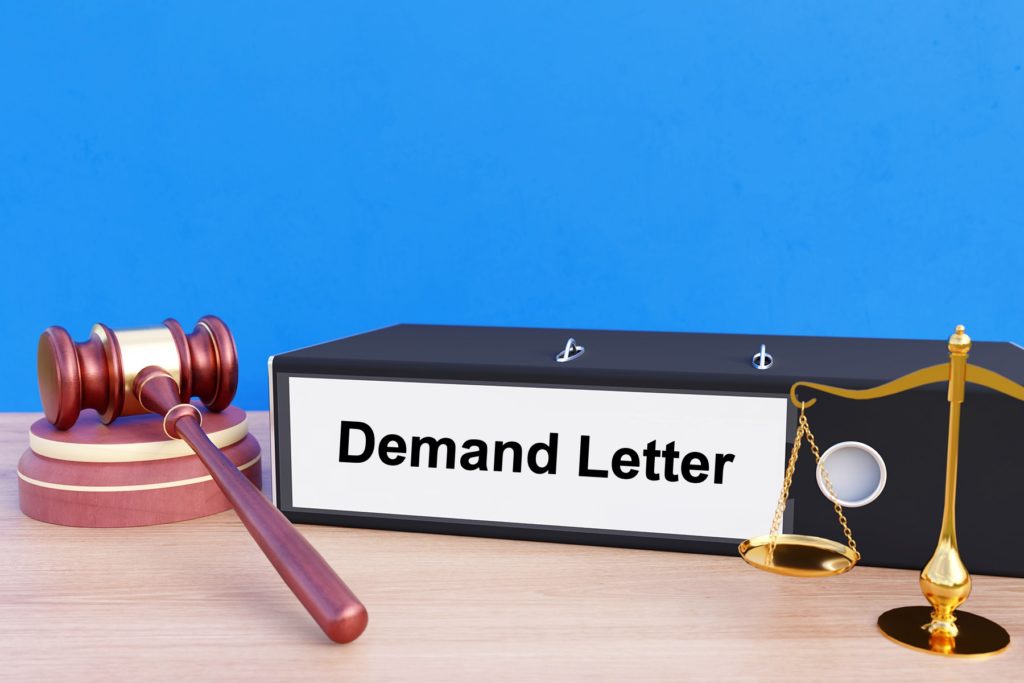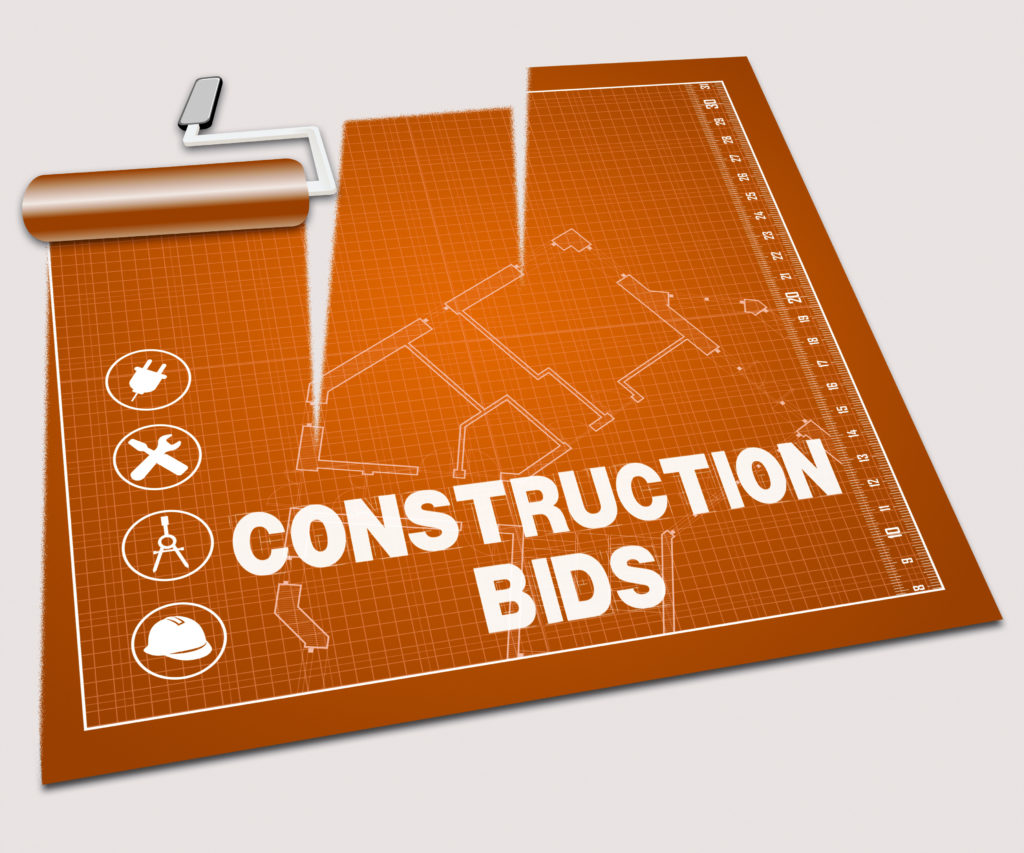
Learn how to protect yourself and your business in this blog—don’t just trust that people are always going to do the right thing. Take the time to double-check every part of your process and cover your a$$. Someone’s word in the construction industry, unfortunately, is not a sure thing.

The worst thing you can do is ignore the demand letter you’ve just received. Learn the importance of understanding what a demand letter is and what you can do about it.

The first step after your construction business has been sued: take action and take action fast! This blog outlines what to do if you get sued. The Cromeens Law Firm is here to help.

Not understanding a contract that you sign is extremely dangerous. A legal land mine awaits you if you sign a contract without reading and understanding what you are signing. The best way to prevent a lawsuit is to understand all the terms of your contract—in plain language.

Do you think your company could survive a legal land mine? What are your company’s pain points? Where are you struggling? Get a plan together to make your company land mine-proof. Be proactive and think preventatively—your company depends on it!

If you do not add a provision to any contract you sign that allows you to recover any increase in material costs or extra time for any material shortage, you are basically signing a GMP contract. A GMP contract shifts the risk of increased material costs and an extended completion date onto the contractor. Signing a GMP contract right now would be very dangerous for your company because you would have to eat any increased costs.

The best practice for non-compete clauses is to speak with an employment law attorney that knows your business and can effectively create restrictive covenants. Doing so will save your business both time and money while legally giving you the maximum protection allowed under the law.

A termination for convenience clause allows the general contractor to terminate your subcontract without any notice. If your subcontract contains a termination for convenience clause, it may need some heavier editing before you sign the subcontract.

If you’re uncomfortable with risking your personal assets, you should be. You should never sign a personal guarantee. Too much can go wrong, and it will be your entire financial life on the line, not just your company.

Have you ever had the unpleasant—and costly—surprise of a general contractor putting additional job requirements into your scope of work? Fortunately, there’s a way to protect yourself: by preparing an itemized bid that lists exactly what you agree to do for the reflected price. Itemizing your bid and then thoroughly reviewing the subcontract before signing is the best way to be clear about your expectations and to prevent financial ruin from an unexpected work requirement. So—prepare your bids this way and protect your bottom line as a subcontractor.










